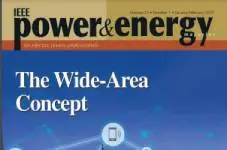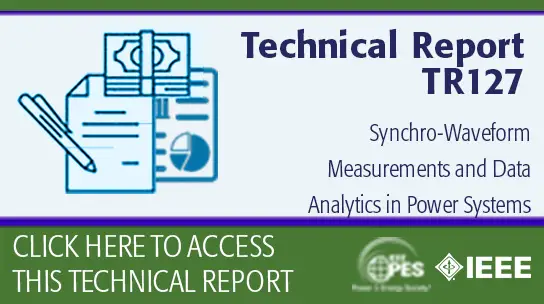Object Detection Algorithms for NASA''s Juno Cam
Madeline Loui, Gracen Wallace, David Yu
-
Members: FreeRFID
IEEE Members: $11.00
Non-members: $15.00Length: 00:14:48
27 Apr 2021
Image processing can help humans learn more about various objects and phenomena that cannot be easily perceived by the naked eye. This project takes a closer look at Jupiter through the lens of the JunoCam, a wide-angle camera mounted on the Juno spacecraft, which travels around the planet's polar orbit. The camera offers the best spatial resolution of Jupiter's features, including its storms and cloud tops [1]. This project intends to use object detection methods to track and automatically detect Jupiter's features found in Junocam images in order to assist scientists in understanding the planet's atmospheric dynamics. Currently, there are no similar processes to track storms automatically using images; this research complements the current methods of detection, such as Juno's Microwave Radiometer (MWR) and Jovian InfraRed Auroral Mapper (JIRAM) [1], by providing a description of storm movement in the visual spectrum. The research group leverages an expansive online database of JunoCam images to test the effectiveness of three different object detection methods in identifying and tracking storms on Jupiter. The raw images from the database are first preprocessed to create a dataset of full RGB images which is split into testing and training sets. The team has developed a Python package with efficient and automated ways to detect the planet's features, specifically white storms on the planet's surface. The object detection methods implemented in the Python package are template matching, feature-based image matching, and eigenimages. The team found that using eigenimages resulted in the best accuracy, followed by template matching, then feature-based image matching. [1] Hansen, C.J., Caplinger, M.A., Ingersoll, A. et al. Space Sci Rev (2017) 213: 475. [Online]. Available: https://doi.org/10.1007/s11214-014-0079-x. [Accessed Oct. 7, 2020].


